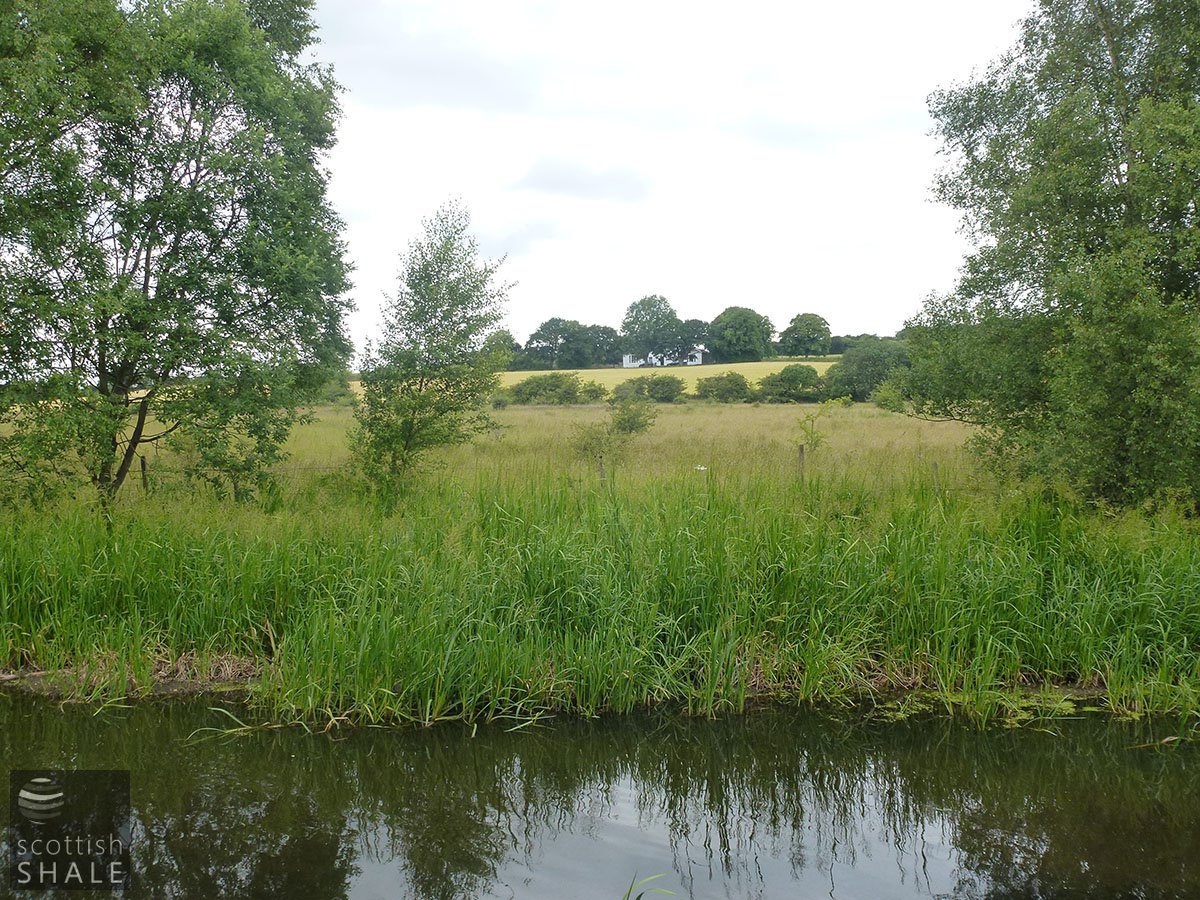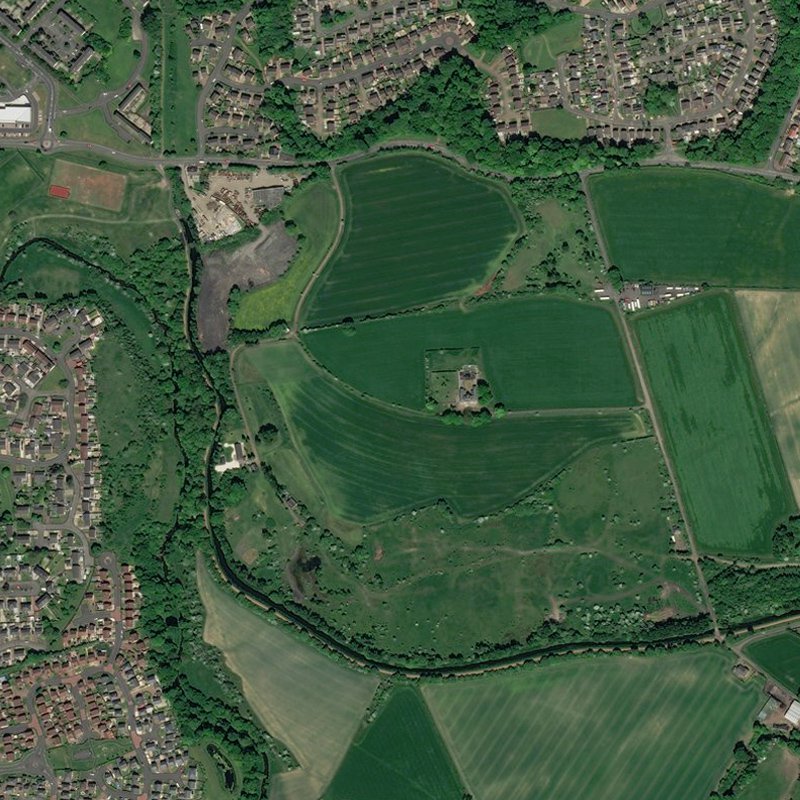- Aberdeen Oil Works
- Addiewell Oil Works
- Almondhill Oil Works
- Annick Lodge Oil Works
- Arden Oil Works
- Armadale Oil Works
- Auchenheath Oil Works
- Avonhead Oil Works
- Balgray Oil Works
- Ballat Oil Works
- Bathgate Oil Works
- Bathville Oil Works
- Bellsdyke Oil Works
- Bellsquarry Oil Works
- Benhar Oil Works
- Binnend Oil Works
- Birkenshaw Oil Works
- Bishop Street Oil Works
- Blackburn Oil Works
- Blackstone Oil Works
- Blackstoun Oil Works
- Blochairn Oil Works
- Boghall Oil Works
- Bredisholm Oil Works
- Breich Oil Works
- British Asphalte Oil Works
- Broxburn Oil Works
- Broxburn - Bell's Stewartfield Oil Works
- Broxburn - Albyn Oil Works
- Broxburn - East Mains Oil Works
- Broxburn - Greendykes Oil Works
- Broxburn - Hallfarm Oil Works
- Broxburn - Hutchinson's Oil Works
- Broxburn - Poynter's Oil Works
- Broxburn - Steele's Oil Works
- Broxburn - Steele's Stewartfield Oil Works
- Buckside Oil Works
- Burngrange Oil Works
- Calderbank Oil Works
- Canalbank Oil Works
- Champfleurie Oil Works
- Clippens Oil Works
- Cobbinshaw North Oil Works
- Cobbinshaw South Oil Works
- Coneypark Oil Works
- Craigie Oil Works
- Crown Point Oil Works
- Dalmeny Oil Works
- Deans Oil Works
- Doura Oil Works
- Drumbow Oil Works
- Drumcross Oil Works
- Drumgray Oil Works
- Dryflat Oil Works
- East Fulton Oil Works
- East Hermand Oil Works
- Eldin Oil Works
- Falkirk Oil Works
- Fergushill Oil Works
- Forthbank Oil Works
- Forth & Clyde Oil Works
- Gavieside Oil Works
- Grange Oil Works
- Grangepans Oil Works
- Greengairs Oil Works
- Hareshaw Oil Works
- Hartwood Oil Works
- Hawick Oil Works
- Hermand Oil Works (1866)
- Hermand Oil Works (1883)
- Holmes Oil Works
- Hopetoun Oil Works
- Hurlford Oil Works
- Inkerman Oil Works
- Inverkeithing Oil Works
- Kilrenny Oil Works
- Kilwinning Oil Works
- Kirkmuirhill Oil Works
- Kirkwood Oil Works
- Lanark Oil Works
- Lanemark Oil Works
- Levenseat Oil Works
- Limerigg Oil Works
- Linwood Oil Works
- Loanhead Oil Works
- Lochburn Road Oil Works
- Lochgelly Oil Works
- Longrigg Oil Works
- Magdalene Oil Works
- Methil Oil Works
- Millburn Oil Works
- Nettlehole Oil Works
- Niddry Castle Oil Works
- Nitshill Oil Works
- Oakbank Oil Works
- Palacecraig Oil Works
- Pathhead Oil Works
- Patterton Oil Works
- Pentland Oil Works
- Philpstoun Oil Works
- Port Dundas Oil Works
- Possil Oil Works
- Pumpherston Oil Works
- Raebog Oil Works
- Riggend Oil Works
- Rochsoles Oil Works
- Rochsolloch Oil Works
- Roman Camp - Almondfield Oil Works
- Roman Camp - Cawburn Oil Works
- Roman Camp Oil Works (1892)
- Roman Camp - Shale Oil Works
- Rosebank Oil Works
- Roughcraig Oil Works
- Rumford Street Oil Works
- Seafield Oil Works
- Shawsburn Oil Works
- Sheepford Locks Oil Works
- Shettleston Oil Works
- Shotts Oil Works
- Stand Oil Works
- Stanrigg Oil Works
- Stonehouse Oil Works
- Straiton Oil Works
- St. Rollox Works
- Swinehill Oil Works
- Tarbrax Oil Works
- Uphall Oil Works
- Uphall - Railway Oil Works
- Uphall - Wyllie's Oil Works
- Vulcan Chemical Works
- Wardend Oil Works
- Wattston Oil Works
- Westfield & Capeldrae Oil Works
- Westwood Oil Works (1941)
- Westwood Oil Works (1866)
- Whitebog Oil Works
- Whitehill Oil Works (Lanarkshire)
- Whitehill Oil Works (Midlothian)
- Whiterigg Oil Works
- Woodhall Oil Works
Palacecraig Oil Works

Not listed by Redwood
A short-lived enterprise promoted by the Calder Oil Company, a partnership of James Greenshields and James Greenshields junior, and John Edgar Poynter.
| Date | Rateable Value | Owner | Occupier | Notes |
|---|---|---|---|---|
| 1863 | £170 | Calder Oil Company | Calder Oil Company | |
| 1864 | £460 | Calder Oil Company | Calder Oil Company | |
| 1865 | £504 | Calder Oil Company | Calder Oil Company | Partners: James Greenshields. Senior & Junior, John Edgar Paynter |
| 1866 | £204.1/- | Calder Oil Company | Calder Oil Company | |
| NO FURTHER ENTRIES | ||||
| FOOTNOTES | ||||
| 1863 | £2,445.18 | William Baird | Calder Oil Company | Minerals at Faskine & Palacecraig |
| £150 | Lord Elphinstone | Peep 'O' Shale | ||
| 1864 | £45 | Gartosh Shale |
Recent images

View north from the Monkland Canal towards Palacecraig House, with rough ground marking the area of mining. July 2013.

Looking north east. July 2013.
NEW WORKS AT FASKINE,
Considerable inquiry has been made for some time past by a number of parties both in this district and from other places, regarding the quality of the mineral, known as the " Vonnets," from which oil is extracted. The mineral is found in abundance in nearly all our workings here, hundreds of tons of which, for many years, have been either burned, buried, or thrown out as refuse The late discovery, however, of extracting oil from this mineral has called forth numerous works of this description, wherever it is found in sufficient quantity to warrant as a profitable investment the erection of works, In this district it is to be had in abundance; hence a company, named Greenshields, asphalt manufacturers, Glasgow, have leased ground In the vicinity of Faskine, and have commenced the erection of works for the manufacture of oil, &c. This will, no doubt, be of some importance to this district, as it is expected a considerable number of hands will be employed in it. It stated that some of the works will be in operation in about three months.
We may also state, that two new seams of coal have been found at Faskine. They are known by the name of the Drumgray coal, they lie at a considerable depth below any of the seams of mineral now being wrought here - the one at a depth of five fathoms below the other; the upper in two feet six inches in thickness, and the other three feet. They are of excellent quality, and believed to be throughout all the district; if so, we may look for better times before long, when this new source of wealth in fully opened up, One pit has already been shanked for the working of this coals, and it can be easily got at by shanking from the bottom of the pits presently being wrought.
Glasgow Herald 29th August 1862
.......
An enterprising Glasgow firm – Messrs Greenshields; who have an asphalte work at Port-Dundas, and a chemical work at Greenock- have leased a piece of ground on the north bank of the canal at Palace Craig, near Faskine, for the purpose of erecting a work in which to carry out the manufacture of oil from the mineral called "bannets" by the miners. The foundation of the new buildings is in course of excavation, and materials for their erection are being laid down on the ground. Rumour speaks of 100 workers as being the number likely to be employed in its manufacture, which is similar to that which has carried such a tide of prosperity in the neighbourhood of Bathgate.
Scotsman, 1st September 1862
.......
Caledonian Railway, Lanarkshire, Renfrewshire and Midlothian Branches act 1865...
Tenthly, A Branch Railway (hereinafter called " Line No. 10"), commencing by a Junction with the extension of the Glasgow Garnkirk and Coatbridge Railway through Coatbridge now forming part of the Company's Main Line from Carlisle to Glasgow, at or near a point in the parish of Old Monkland and County of Lanark, about two chains southward from the Dundyvan Academy at Coatbridge, and terminating at a point in the same Parish in or near the northern side of the Calder Oil Company's Works on the lands of Palaceraig occupied by Messrs Greenshields & Poynter which the proposed Line No. 10 and the Works and conveniences connected therewith, and the lands, houses, and other property which may be taken for the purposes thereof, will be, and are situated in the parishes of Old Monkland and New Monkland, in the County of Lanark.
Caledonian Mercury, 23rd November 1865
.......
FOR SALE, a Cast Iron Still, capacity 1400 Gallons, with Condenser, Tank, &c., condition; little used. Also a new Spare Still Bottom to suit the above – To be seen at Palace Craig Oil Works, near Airdrie.
Glasgow Daily Herald, 1st October 1866



